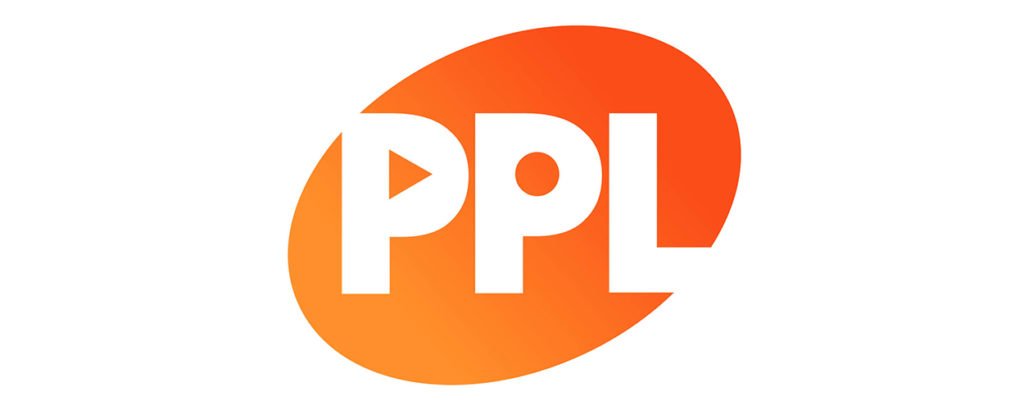This website uses cookies so that we can provide you with the best user experience possible. Cookie information is stored in your browser and performs functions such as recognising you when you return to our website and helping our team to understand which sections of the website you find most interesting and useful.
Business News Labels & Publishers
PPL AGM discusses post-COVID and international revenue growth
By Chris Cooke | Published on Tuesday 21 June 2022

UK record industry collecting society PPL held its Annual General Meeting yesterday. The society manages the two recorded music revenue streams that were negatively impacted by the COVID pandemic, but – as PPL execs discussed at the AGM yesterday – those revenues started to recover last year following the 2020 dip.
PPL actually confirmed last month that its total revenues in 2021 were up 12% – or £27.1 million – year-on-year, totalling £252.8 million.
Income from both the public performance and broadcast of music was up following the COVID-caused declines the previous year. And while the COVID effect is still being felt – meaning PPL’s total revenues were still down on 2019 – that £252.8 million is nevertheless the second highest annual revenues collected by the society in its history, with both broadcast and international income for 2021 the highest ever recorded.
Discussing those figures at yesterday’s AGM, PPL CEO Peter Leathem said: “It was really pleasing that 2021 was a positive financial year for us. I was delighted that we were able to grow our total revenue by £27.1 million to reach £252.8 million, with growth across each of our three main revenue streams – public performance and dubbing, which began to recover from the impact of the COVID pandemic; broadcast, which saw, for example, growth in revenues in the commercial radio sector; and international revenue, which saw PPL record its highest ever total of international collections”.
PPL’s international income is the money actually collected by counterpart societies around the world when recorded music controlled by and featuring the UK society’s members is performed or broadcast in other countries, and where those members have granted PPL global rights.
Growth of international income is partly a result of the performance and broadcast of recorded music simply generating more cash generally across the world. But it’s also about encouraging and helping other societies to get better at collecting and administrating the royalties, and improving the network that connects the different societies around the world, and the way data and money flows between them. And, on top of that, lobbying for copyright reforms in countries where labels and performers don’t necessarily enjoy the same rights under copyright law as in the UK.
Updating his members on that kind of work, Leathem said: “This past year has also seen us increase the number of collective management organisations to whom we provide back-office support – or ‘business services’. With our leading technology, we continued to help CMOs in Estonia, Ireland, Lithuania, Malaysia, Portugal and Switzerland with the calculation of royalties to be paid to performers and recording rightsholders”.
“We were delighted earlier this year”, he added, “to sign a five-year agreement with SFH in Iceland to support them with the distribution of royalties to performers and recording rightsholders based outside of the country, thereby helping them to distribute more money”.
On the lobbying side, he went on: “With the UK now outside of the EU, PPL has been supporting the music industry’s lobbying efforts concerning the various international trade deals the UK has been seeking. This has included a new free trade agreement reached between the UK and New Zealand that covered a commitment by the New Zealand government to extend copyright terms by 20 years for authors, performers and producers”.
“This followed new post-Brexit deals with Australia and Japan”, he added. “The Australian deal included a commitment to discuss measures to ensure adequate remuneration for music performers and producers, whilst the Japanese agreement took in obligations to explore public performance rights for sound recordings, as currently there are no such rights in Japan for sound recordings”.
And, of course, with anything to do with collective licensing, collecting and distributing more money also means building ever better data systems. “PPL is a leader in recorded music data management”, Leathem bragged. “Maybe not the most catchy or exciting title in a thriving creative industry but one of utmost importance in ensuring money flows accurately and efficiently around the global music market”.
“Our technology allows the processing of millions of lines of rights data and billions of recording uses”, he explained. “Our repertoire database holds performer and recording rightsholder details on over 20 million recordings, with on average 45,000 more track details and their associated metadata added each week”.
While all that data crunching is mainly about getting people paid, it can also be used to compile some charts that you can issue alongside your AGM to get some mainstream press interest. And did PPL do that yesterday? Oh yes. And that means there are some charts for you to enjoy elsewhere on the CMU website today. I wonder who was the most played artist in the UK last year!
Could it be Ed Sheeran? Oh, the mystery, the intrigue, the tension. OK, it was Ed Sheeran, but pretend I didn’t say that and click through to the charts with a sense of mounting anticipation…





